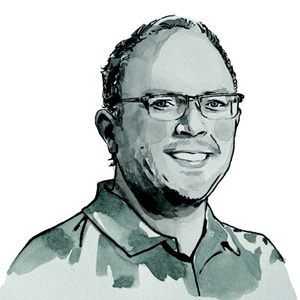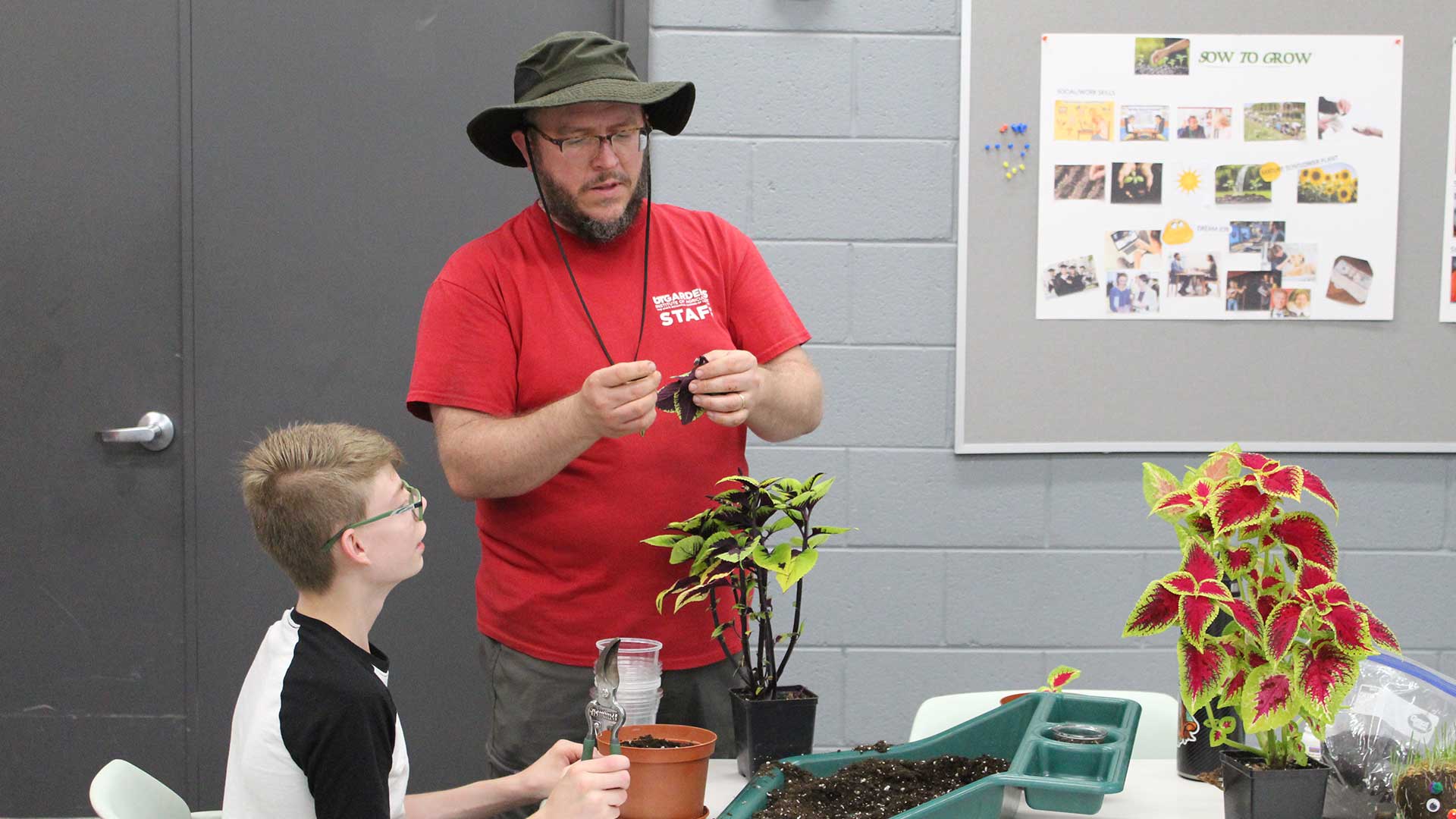In 2012, it all started with two simple requests:
- Offer a garden program for the Cancer Support Community of East Tennessee.
- Provide a garden tour to a memory care facility in Knoxville.
Those first two programs provided the seed that has grown into a local, state, national and international impact of the University of Tennessee Gardens Horticultural Therapy Program. As the then-new garden educator for the UT Gardens, I brought my experiences and training in environmental education and therapeutic recreation to the position. But I had little knowledge of how those two passions would launch a new program that has had impact around the world.
Shortly after those first two therapeutic programs, I learned about horticultural therapy. This led me to seek out professional registration as a horticultural therapist with the American Horticultural Therapy Association (AHTA). It was easy to see the benefit horticulture has on many populations, including people who have dementia, children with disabilities and many more.
I soon began offering mobile horticultural therapy programs to area assisted-living facilities. Word quickly spread, and I was soon unable to keep up with the demand of facilities wanting to work with the UT Gardens. Just before the start of the pandemic, UT Gardens horticultural therapy staff and interns were visiting 17 facilities twice a month in the Knoxville area.
Through my work in Knoxville, I was able to connect with other agencies and university departments to collaborate on programming. Over the past 12 years, I have worked with behavioral health programs; UT Knoxville’s FUTURE program to offer horticulture internship for students with intellectual or developmental disabilities; and Tennessee School for the Deaf’s Comprehensive Adult Program for students learning horticulture and vocational skills.
In 2017, I developed a horticultural therapy program for veterans. The success of this program grew into a collaboration with the Tennessee AgrAbility Project to offer horticultural therapy workshops for veterans throughout the state.
In 2021, I worked with the Caribbean Community Based Rehabilitation Network to develop a needs assessment to measure the interest of developing horticultural therapy programs for eight Caribbean nations. In 2023, we piloted in Knoxville a Sow to Grow program to help teenagers with disabilities learn vocational and horticultural skills. One parent reported that her child—who normally only engages in scripted, repetitive speech—instead spoke in extemporaneous speech on the ride home from the program. Through such examples, I see the direct impact of our programs.
Horticulture has a way of connecting people and healing people. It has been an amazing experience, seeing how caring for and growing a plant improves the physical and mental wellbeing of many. I am excited to see how the work I continue to do at the UT Gardens continues to grow and flourish.

DERRICK STOWELL (KNOXVILLE ’06, ’20) IS THE EDUCATION AND HORTICULTURAL THERAPY PROGRAM ADMINISTRATOR FOR THE UT GARDENS. FOR SIX YEARS, HE SERVED ON THE AMERICAN HORTICULTURAL THERAPY ASSOCIATION BOARD OF DIRECTORS, INCLUDING AS PRESIDENT IN 2022.



